Nairobi, Kenya
Parliament and city hall were burning under great columns of smoke and clouds of tear gas hung over Nairobi’s crowded streets fizzing with violence, flying rocks and gunshots. Speeding along the expressway looking down on these running battles, I thought, as I always do, it’s so good to be home in Kenya. Judging from comments under articles about Africa in The Spectator, I know that readers don’t have much hope for this continent. In recent days my country has been in the news again, this time because dozens have been killed or abducted in riots against taxes and misrule by our government.
Early signs of economic crisis could be seen in the shortening of the presidential motorcade to fifty vehicles
It all looks like a familiar African story. When our new president, William Ruto, was elected in 2022, the problem his cronies faced was that their ambitions (whether noble or, as some fear, to steal as much as possible) were met by the mountain of debt, corruption and inefficiency hanging over from their predecessors in Uhuru Kenyatta’s administration. For years money appears to have been siphoned from overpriced contracts with the Chinese to build infrastructure that soon began crumbling because it was badly done. A railway supposed to extend from Mombasa to Uganda ran out in the bush on the floor of the Great Rift Valley. Theft by public servants ballooned and nearly $6 billion was being stolen annually. Today, apparently 70 percent of our taxes go towards servicing debt. We are in the hands of the IMF.
Early signs of economic crisis could be seen in the shortening of the presidential motorcade to only around fifty vehicles. In the last two years the fleet added only a Lexus LX 600, an LX 570 and an armored Toyota Land Cruiser 300 — the Maybach S600 Pullman is just kept for official duties. In May, the president and his delegation, including a jester, flew to the US for a state visit to Washington in a chartered Boeing 737-700 at an estimated cost of $1.5 million — but the president later said that “friends” had paid most of the bill. Since belt-tightening is the mood of the day, last month’s budget introduced a 16 percent tax on bread — but increased the budget for the offices of the unelected first lady and the deputy president’s spouse to $30 million for the next three years.
Kenya erupted. Protests and riots are reasonably frequent in my country, but the crowds this time were much larger than ever seen before. And whereas politics for six decades has been led by Big Men mobilizing ethnic support, these demonstrations were led by Gen Z, young urban Kenyans, many of them middle-class, mobilized on social media and proud of having no identifiable leaders. Within days, the president was forced to withdraw the biting tax measures, and the first and second ladies’ budgets were scrubbed.
Our debts won’t go away, but still, the protests have expanded in Kenya’s cities and into small towns across the country. People are fed up with corruption, which affects us daily, whether it is getting shaken down by the cops on the roadside, or being extorted by the taxman, or watching TikToks of politicians flaunting their wealth.
There are unverified rumors that, in an attempt to discredit the Gen Z protestors, who enjoy wide support from older Kenyans, some politicians have sent in their goons to burn and loot private businesses. In the coming days, the demonstrations may either be violently suppressed, or we may witness the beginnings of an African Spring against our rulers.
In Kenya, this is a story that began in the Saba Saba riots of thirty-four years ago, when people began demanding the end of dictatorship. I still have a big scar on my skull from the beating I received from police while reporting on Saba Saba. Since it is still sometimes painful, I rub the scar, and it reminds me that over the last three decades, Kenya has improved in almost all ways I can imagine. Living standards have risen greatly. As a people, Kenyans are better educated, better fed and well-spoken. They’re hardworking and going places, but they are also polite, kind and God-fearing — as Gen Z protestor signs joke, “We fear nothing but God, hot porridge and marriage.”
Kenya is more democratic than any other African nation and this is a culture that is constantly refreshed by elections, noisy debate and the barricades. When I visit Europe I feel I am in a place facing decline, aging and cultural confusion — but here one can feel the youthful energy for change and improvement and a sense of purpose.
This article was originally published in The Spectator’s UK magazine. Subscribe to the World edition here.



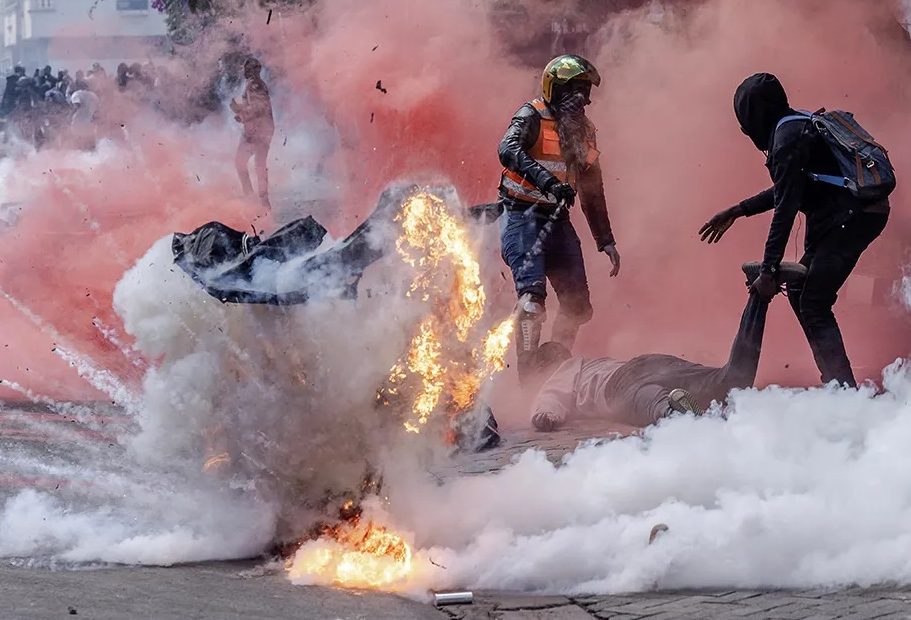






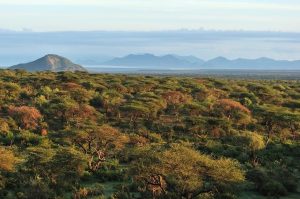

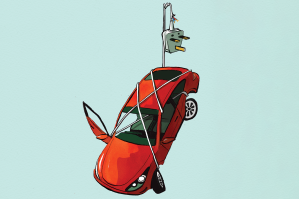

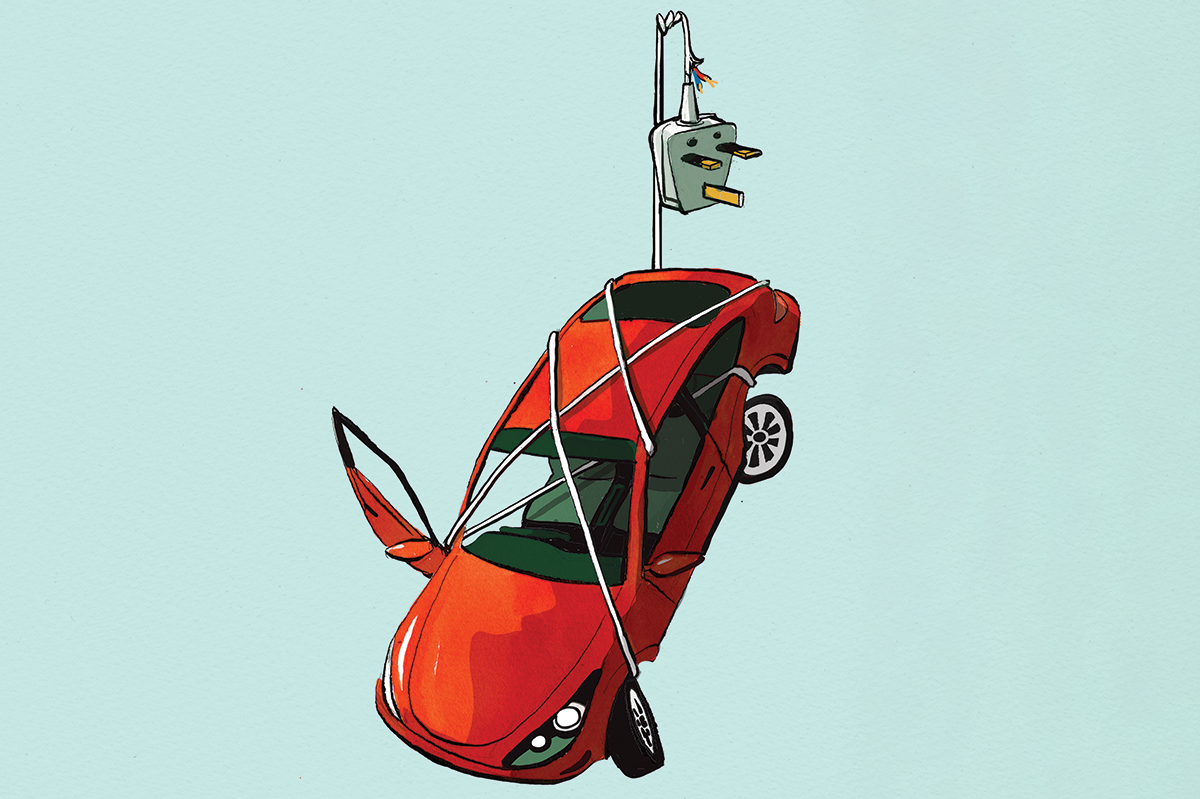
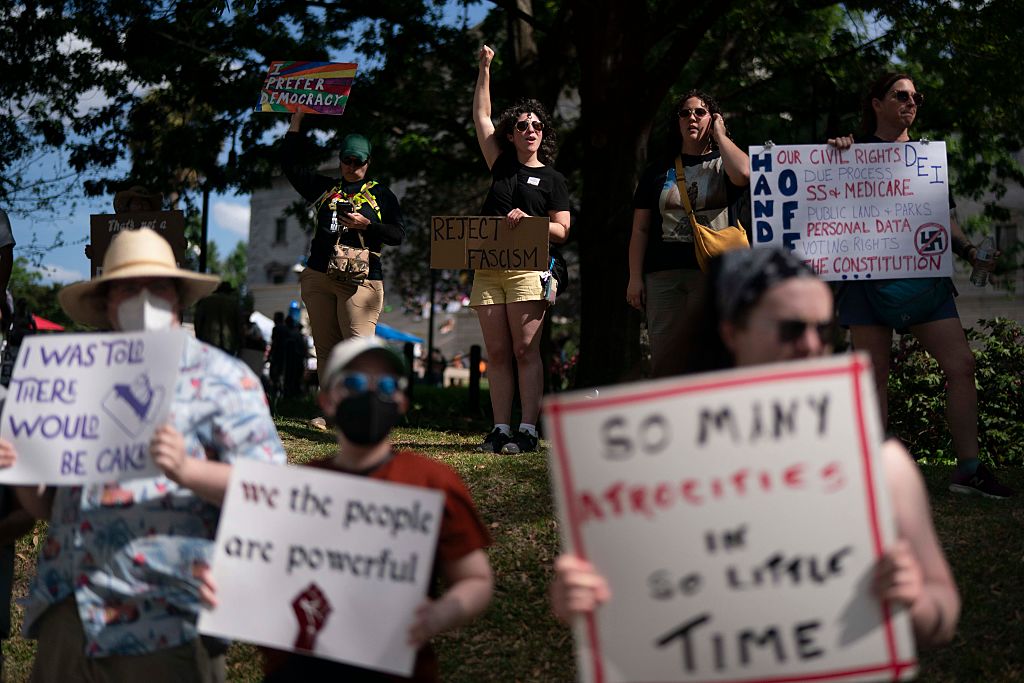










Leave a Reply